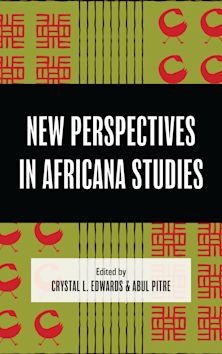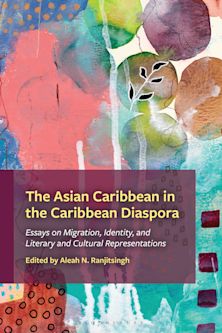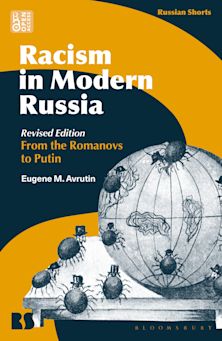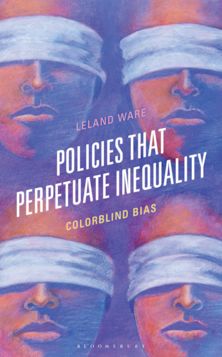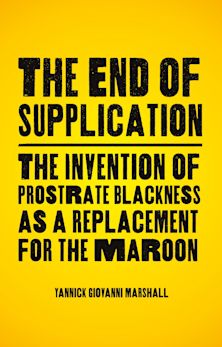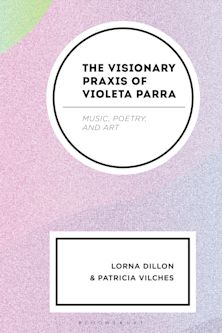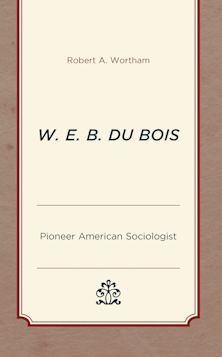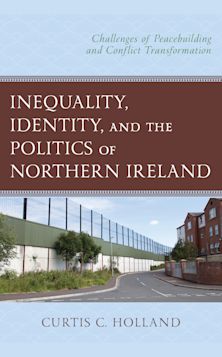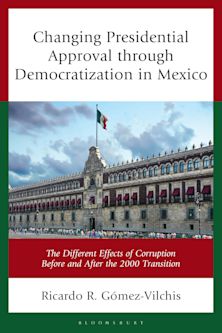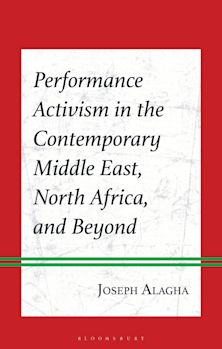- Home
- ACADEMIC
- Politics & International Relations
- Race and Ethnicity
- Russia’s Denial of Ukraine
Russia’s Denial of Ukraine
Letters and Contested Memory
Russia’s Denial of Ukraine
Letters and Contested Memory
This product is usually dispatched within 1 week
- Delivery and returns info
-
Free CA delivery on orders $40 or over
You must sign in to add this item to your wishlist. Please sign in or create an account
Description
In 2022, Russia heightened its initial 2014 assault and launched its imperialist full-scale war against Ukraine. The Kremlin continued to perpetrate its denial of Ukrainians as a nation distinct from the Russians. Russia’s Denial of Ukraine: Letters and Contested Memory explores the gradual and long-lasting integration of contested memory in the cultural memory of Ukraine. It emphasizes how narratives, which formed the contested memory in the nineteenth century, appeared to come to the fore with the onset of the Russo-Ukrainian War. At the same time, it offers the theoretical premise for exploring contested memory, social forgetting, and remembering. The ambivalent nature of contested memory manifests in weakening national aspirations and strengthening resilience and resistance against violence. Contested memory nuances the discussion of undermining a metropolitan center and dismantling oppression. Letters reveal public discourses shaped by cultural and political developments centering on the Ukrainians’ endeavors to remember themselves as a nation distinct from the Russians. Epistolary expressions by Mykola Hohol, Taras Shevchenko, Lesia Ukrainka, Ivan Franko, and Volodymyr Vynnychenko illustrate the circulation of contested memory sponsored and supported in many ways by Russia. Writers comment on their Ukrainianness and situate themselves in Ukraine’s entangled past in which empires clash and fall apart.
Table of Contents
Acknowledgments
A Note of Transliteration
Introduction
Chapter 1 Contested Memory
Chapter 2 Ukraine and the Russian Empire
Chapter 3 Ukraine and Austria-Hungary
Chapter 4 Ukraine’s 1918 Independence and the Formation of the USSR
Epilogue
Bibliography
Index
About the Author
Product details
| Published | May 16 2024 |
|---|---|
| Format | Hardback |
| Edition | 1st |
| Extent | 302 |
| ISBN | 9781666941814 |
| Imprint | Lexington Books |
| Dimensions | 237 x 162 mm |
| Publisher | Bloomsbury Publishing |
About the contributors
Reviews
-
Russia was and still is given to promoting the view that Ukraine is no more than a minor province (‘Little Russia’) and that the independent state of Ukraine is merely an ‘accidental’ country created by foreign intrigue against Russia. This view still influences the Western world. Nataliya Shpylova-Saeed argues gracefully and forcefully against this through the work of modern Ukrainian literary figures, such as Taras Shevchenko, Lesia Ukrainka, Ivan Franko, and Volodymyr Vynnychenko, who resisted and contested Russia's attempts to extinguish the cultural and historical memory of Ukraine. Nikolai Gogol, a celebrated ‘Russian’ writer, was in fact Mykola Hohol, a Ukrainian at his core. From this eminently readable book reverberates a chorus of cries from the Ukrainian National Anthem: ‘Ukraine is not yet dead.’
Hiroaki Kuromiya, Indiana University Bloomington
-
This is a passionate, provocative, and uncompromising exploration of Ukraine’s cultural memory, as transmitted from generation to generation. It charts a new direction in the study of mnemonic resistance, the bedrock on which support for independence was always built. A must-read for anyone wishing to hear the voice of Ukrainians who in their letters, both public and private, discussed Russia’s Otherness. Shpylova-Saeed explores conflicts and tensions in cultural memory that appeared in the nineteenth and twentieth centuries, and then came to global attention in 2014 when Russia began its war against Ukraine. Her focus is on memory clusters that over the generations have demonstrated Ukraine’s distinctiveness and have defied imperial injunctions to forget. As she points out, Ukrainians have remembered themselves differently—not as one people with the Russians, not as part of one land, one language, or one culture. The letters written by leading intellectuals made this reality visible, even when it was not possible to present it in a public forum. This is a book for anyone interested in understanding how in the twenty-first century collective community resistance can work against suppression and silencing.
Myroslav Shkandrij, University of Manitoba
-
This book is one of the best studies written in any language about the “memory wars” led by imperialistic Russia against Ukraine since the early nineteenth century. This book, based on a meticulous research of the letters, written by the iconic figures for Ukrainian identity (Mykola Hohol, Taras Shevchenko, Lesia Ukrainka, Ivan Franko, and Volodymyr Vynnychenko), is a fascinating historical-philological study, which represents a unique scholarly analysis of the very important and sometime forgotten (especially by mainstream historians) history of the contested memory of Ukraine and Ukrainian national identity vs. the imperial Russian/Soviet attempts to suppress and replace them with the Russian/Soviet cultural models. This book will be must-read for any student of Ukrainian history and literature.
Sergei I. Zhuk, Ball State University

ONLINE RESOURCES
Bloomsbury Collections
This book is available on Bloomsbury Collections where your library has access.












